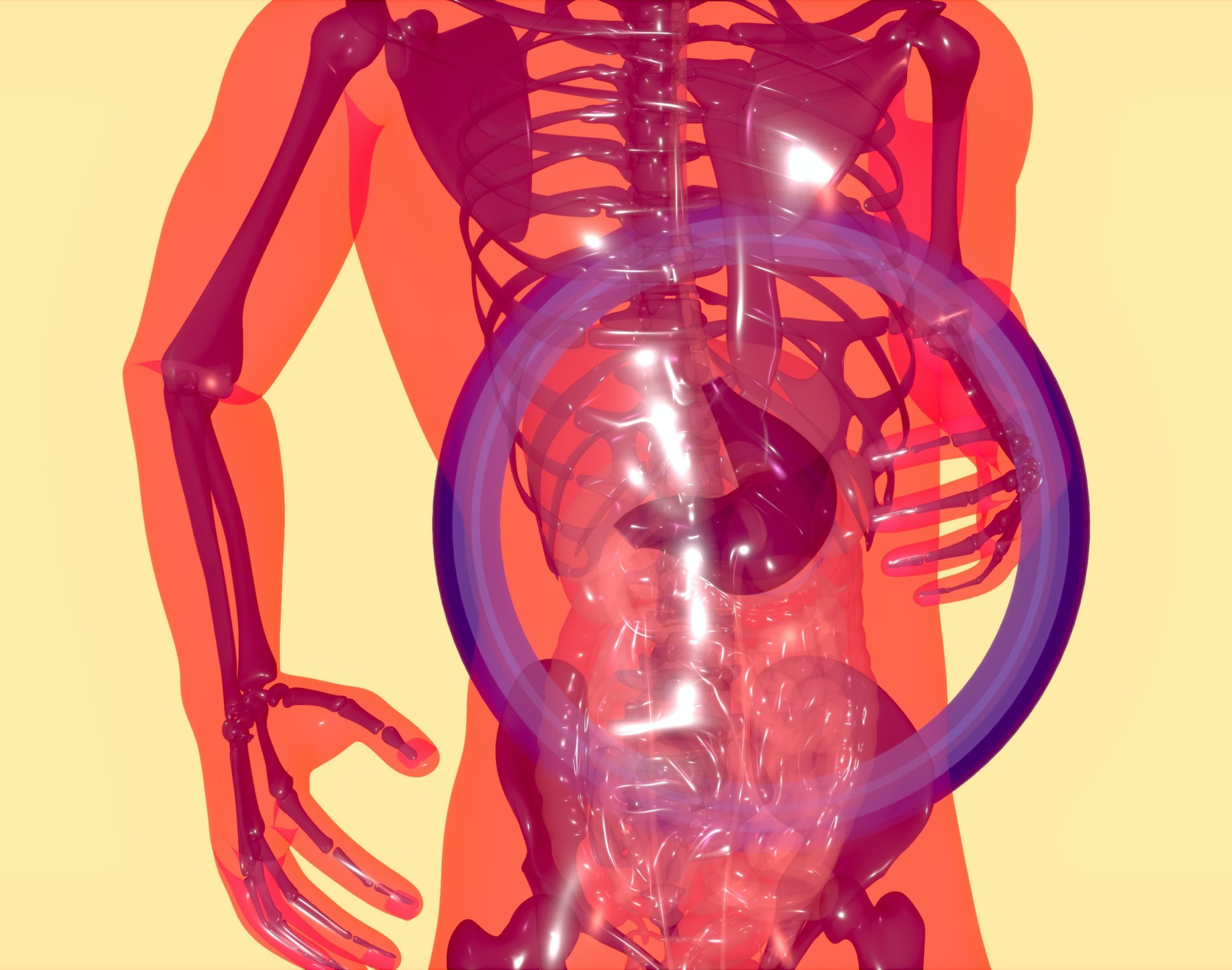Liver disease is a silent killer that affects millions of people around the world. It is a condition that can go undetected for years, often showing no symptoms until it is in an advanced stage. Understanding liver disease, its causes, and risk factors can help individuals take steps to prevent and manage the condition.
The liver is a vital organ that plays a crucial role in the body’s metabolism, digestion, and detoxification. It filters toxins and waste products from the blood, produces bile to aid in digestion, and stores important nutrients. When the liver is damaged, it can lead to a range of health problems, including liver disease.
Liver disease can be caused by several factors, including viruses such as hepatitis B and C, excessive alcohol consumption, nonalcoholic fatty liver disease, and autoimmune disorders. Other risk factors include obesity, diabetes, and exposure to certain toxins and medications.
One of the challenges of liver disease is that it often goes undetected until it is in an advanced stage. Symptoms can include fatigue, nausea, jaundice, and abdominal pain, but these can also be associated with other conditions. As a result, liver disease is often diagnosed through blood tests, imaging studies, or liver biopsy.
Prevention is key when it comes to liver disease. Lifestyle changes such as maintaining a healthy weight, exercising regularly, and limiting alcohol consumption can reduce the risk of liver disease. Vaccination against hepatitis B is also recommended, and those with hepatitis C should receive treatment to prevent the progression of the disease.
For those who have already been diagnosed with liver disease, there are several treatment options available depending on the type and severity of the condition. These can include medications, lifestyle changes, and in some cases, surgery.
In conclusion, liver disease is a silent killer that can go undetected for years, leading to serious health problems if left untreated. Understanding the risk factors, symptoms, and treatment options for liver disease is crucial for prevention and management. By taking steps to maintain a healthy lifestyle and seeking medical attention when needed, individuals can protect their liver health and reduce the risk of liver disease.










